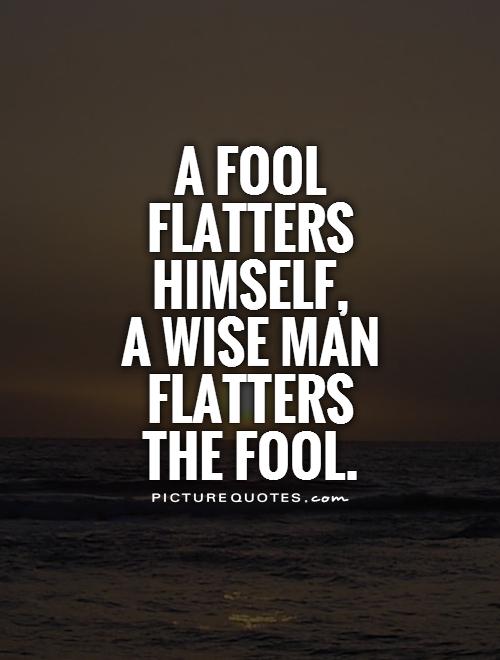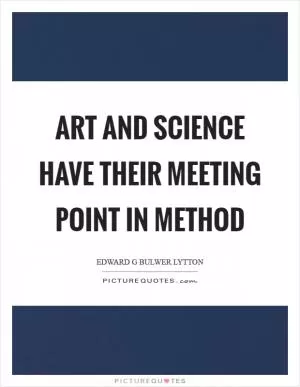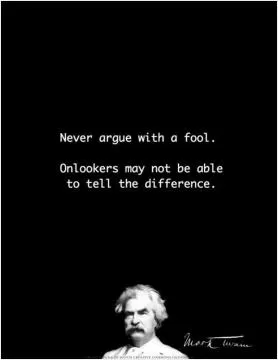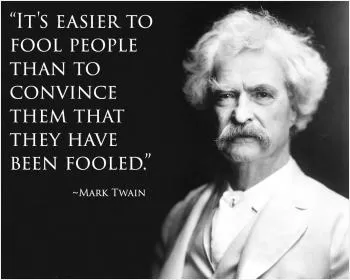
A fool flatters himself, a wise man flatters the fool

A fool flatters himself, a wise man flatters the fool
Edward G. Bulwer-Lytton, a renowned English novelist and playwright, once said, "A fool flatters himself, a wise man flatters the fool." This quote holds a profound truth that is often overlooked in our society. It speaks to the idea that those who lack wisdom are often blinded by their own self-importance and are easily swayed by flattery. On the other hand, those who possess wisdom understand the power of flattery and use it strategically to influence others.In the context of Bulwer-Lytton's words, it is important to understand the difference between genuine praise and flattery. Flattery is insincere and manipulative, used to gain favor or advantage over someone. A fool may be easily swayed by flattery because it strokes their ego and makes them feel important. They may not see through the facade of flattery and may be easily deceived by those who seek to manipulate them.
On the other hand, a wise man understands the power of flattery and uses it strategically to achieve their goals. They may flatter a fool to gain their trust or to manipulate them into making a decision that benefits the wise man. The wise man knows how to use flattery as a tool, rather than being swayed by it themselves.
Bulwer-Lytton's words also speak to the idea that wisdom lies in understanding human nature and using that knowledge to navigate social interactions. By recognizing the power of flattery and understanding how it can be used to influence others, a wise man can achieve success in various aspects of life.












 Friendship Quotes
Friendship Quotes Love Quotes
Love Quotes Life Quotes
Life Quotes Funny Quotes
Funny Quotes Motivational Quotes
Motivational Quotes Inspirational Quotes
Inspirational Quotes